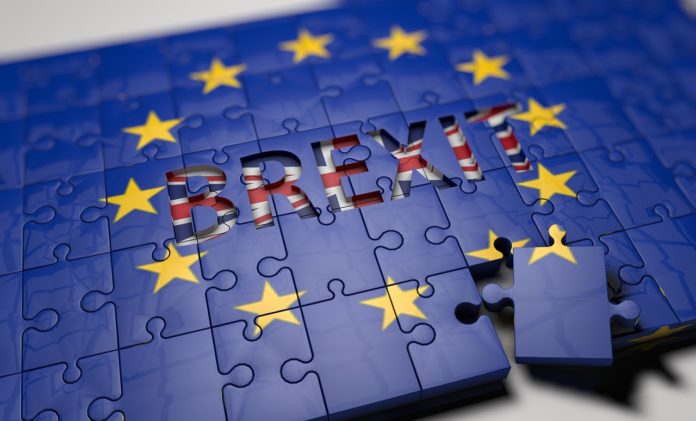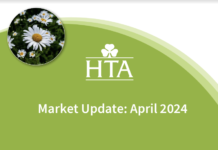Cian Hassett, UK Markets, Bord Bia – The Irish Food Board
Germany scraps plans for Brexit talks at EU ambassador’s summit next week. According to a report from The Guardian, EU officials now believe the UK government is prepared to risk a no-deal exit when the transition period comes to an end on December 31st. The German government, which holds the rotating presidency of the EU council, had intended to discuss Brexit during a meeting of EU ambassadors on September 2nd but has now dropped the issue. “Since there hasn’t been any tangible progress in EU-UK negotiations, the Brexit item was taken off the agenda,” an EU diplomat said.
The decision matters because Angela Merkel was billed as a potential dealmaker when talks on the UK-EU future relationship reach a crucial stage this autumn. The German chancellor last week met Emmanuel Macron at the French president’s official residence on the French Riviera, where they discussed the EU’s post-Brexit future. Following last week’s inconclusive round of negotiations, both governments issued near-identical statements calling for “concrete answers” from the British government.
A UK document leaked to the Sun on Sunday, warning of public disorder, shortages and price hikes in the event of a no-deal Brexit, was perceived in Brussels as a sign of the government’s seriousness about leaving the EU single market and customs union with no agreement.
It comes amid growing pessimism in Brussels that a free trade deal can be agreed over the next six weeks. On Wednesday Michel Barnier repeated his call for an agreement before a mid-October summit of the bloc’s national leaders so it could be ratified by the end of 2020. He said he had no plans to meet Mr Frost this week, before adding: “But perhaps next week, if conditions allow.” Unless there is a breakthrough during the eighth round of talks in London, beginning on September 7th, there is a growing risk that negotiations will collapse by the end of the month.
On Wednesday, August 26th, the Department for Environment, Food and Rural Affairs (DEFRA) were made aware that the European Commission has decided NOT to transition to TRACES NT on September 15th. The European Commission previously communicated its intention to no longer allow new imports using the CVED-P module of Traces Classic on September 15th 2020 as part of its move to a new import system, Traces NT.
In response to this, DEFRA had announced its intention to move GB users to the new national imports system – IPAFFS. The European Commission have been reviewing their preparedness and will be setting out a new timeline. A new date has yet to be given for when this transition will take place.
DEFRA announced that this means they will not require anyone to raise notifications on IPAFFS from September 7th and that the old Traces Classic system should be continued. Any notifications for consignments arriving after September 7th will need to be raised again through Traces Classic. DEFRA have reiterated that IPAFFS will still be the national import system for Great Britain from January 1st 2021 and that they will continue to transition users over to the new platform.
What’s next – Key Dates:
7th September: Round 8 of UK-EU negotiations in London (informal talks w/c 14th & 21st September)
28th September: Round 9 of UK-EU negotiations in Brussels
15th – 16th October: Meeting of the European Council
Nov-Dec: Potential period for ratification of a deal and preparations for implementation OR scaling up of UK readiness to trade on WTO terms.
31st December: Transition period ends and UK reverts to trading on WTO terms if no deal is secured.
1st Jan 2021:
– NI Protocol comes into effect
– Phased UK Border Operating Model comes into effect – detailed record keeping required and declarations/tariffs (can be deferred up to 6 months)








